I was introduced to modern feminist theory in my fourth year of university. I opted to take an “Introduction to Women’s Studies” course as an elective because I thought it would be an easy pass. My best friend was also enrolled, which made it a bit of fun.
At the end of the first class, the professor asked us to raise our hand if we identified as a feminist. My friend –
a worldly city boy from outside Toronto – easily raised his hand. Me? I grew up surrounded by wonderful men.
I didn’t want anyone to think I was anti-male. I didn’t raise my hand.
At 22, my friend had a better concept of what feminism actually means: it’s not about male-bashing, but looking at how institutions have traditionally been organised to the detriment of women and minority groups. Such institutions also include how we treat men in our society and how we expect them to behave (boys will be boys!).
With this in mind, we can recognise the privilege generally provided to males within farming families and can help ensure younger women are given the correct encouragement and guidance to pursue agriculture
as a career.
We are lucky to have women-led agricultural groups who advocate for meaningful change at policy and societal levels. Last week, I was honoured to receive an invitation to Áras an Uachtaráin, with nine other women in agriculture (see picture), for President Michael D and Sabina Higgins’ Women’s Advocacy Group Garden Party.
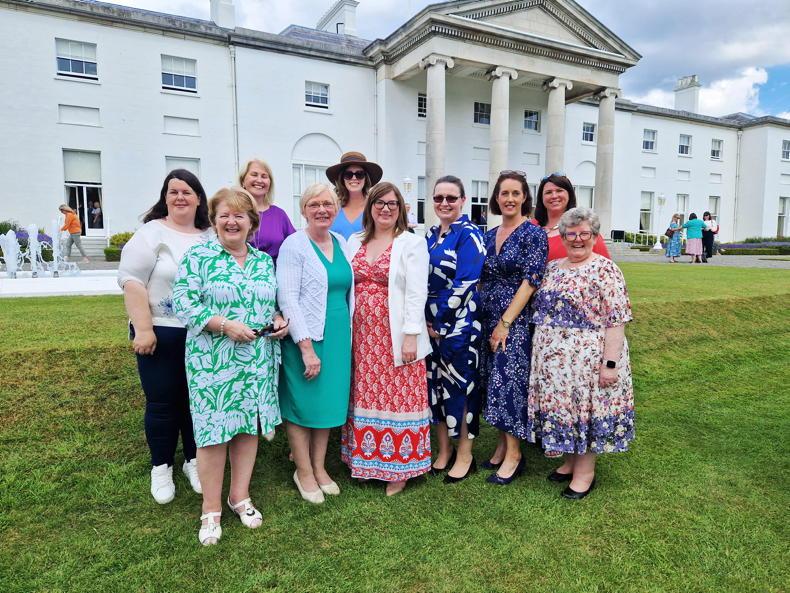
From left: Mona Concannon, Mairead Lavery, Maura Farrell, Catherine Mullally, Ciara Lynch, Janine Kennedy, Edna Curley, Caitriona Morrissey, Kirstie McAdoo and Margaret Farrelly were invited to President and First Lady Higgins' Women's Advocacy Group Garden Party
I was joined by educators Dr Kirstie McAdoo (Airfield Estate), Dr Maura Farrell (University of Galway) and Dr Edna Curley (Mountbellew Agricultural College, ATU); chairwomen Mona Concannon (Women in Agriculture Stakeholder’s Group) and Ciara Lynch (Dairy Women Ireland); fellow agricultural journalists Mairead Lavery and Caitriona Morrissey; and some female farming pioneers: Catherine Mullally, who started one of the country’s first women in agriculture focus groups in the 1990s, and Margaret Farrelly, who won the European Innovation Award for Women Farmers (Copa-Cogeca) in 2016.
In his address to attendees, President Higgins said he wouldn’t choose the word “advocate”; instead preferring “activist”.
“After all,” he stated, “women’s rights did not fall from the sky; they were achieved.”
He added: “The invitation here is not to imitate any male notion of hierarchy or autocracy or exclusion or patriarchy… there is a woman’s experience and it is that that has to be brought into life, and it is that that can best inform the connection between ecology, economy and society.”
On the last day of my women’s studies class, when the professor asked, once again, to raise our hands if we considered ourselves feminists, every hand went up – mine included. In a symbolic way, it hasn’t gone down since. While there is still hard work ahead for Irish advocates of women in agriculture, I think we can all agree that hard work is not something this particular cohort has ever been afraid of.
Read more
Editorial: what does it mean to be a woman in action when you're not sporty?
Men's health week: do you prioritise your healthcare?
I was introduced to modern feminist theory in my fourth year of university. I opted to take an “Introduction to Women’s Studies” course as an elective because I thought it would be an easy pass. My best friend was also enrolled, which made it a bit of fun.
At the end of the first class, the professor asked us to raise our hand if we identified as a feminist. My friend –
a worldly city boy from outside Toronto – easily raised his hand. Me? I grew up surrounded by wonderful men.
I didn’t want anyone to think I was anti-male. I didn’t raise my hand.
At 22, my friend had a better concept of what feminism actually means: it’s not about male-bashing, but looking at how institutions have traditionally been organised to the detriment of women and minority groups. Such institutions also include how we treat men in our society and how we expect them to behave (boys will be boys!).
With this in mind, we can recognise the privilege generally provided to males within farming families and can help ensure younger women are given the correct encouragement and guidance to pursue agriculture
as a career.
We are lucky to have women-led agricultural groups who advocate for meaningful change at policy and societal levels. Last week, I was honoured to receive an invitation to Áras an Uachtaráin, with nine other women in agriculture (see picture), for President Michael D and Sabina Higgins’ Women’s Advocacy Group Garden Party.

From left: Mona Concannon, Mairead Lavery, Maura Farrell, Catherine Mullally, Ciara Lynch, Janine Kennedy, Edna Curley, Caitriona Morrissey, Kirstie McAdoo and Margaret Farrelly were invited to President and First Lady Higgins' Women's Advocacy Group Garden Party
I was joined by educators Dr Kirstie McAdoo (Airfield Estate), Dr Maura Farrell (University of Galway) and Dr Edna Curley (Mountbellew Agricultural College, ATU); chairwomen Mona Concannon (Women in Agriculture Stakeholder’s Group) and Ciara Lynch (Dairy Women Ireland); fellow agricultural journalists Mairead Lavery and Caitriona Morrissey; and some female farming pioneers: Catherine Mullally, who started one of the country’s first women in agriculture focus groups in the 1990s, and Margaret Farrelly, who won the European Innovation Award for Women Farmers (Copa-Cogeca) in 2016.
In his address to attendees, President Higgins said he wouldn’t choose the word “advocate”; instead preferring “activist”.
“After all,” he stated, “women’s rights did not fall from the sky; they were achieved.”
He added: “The invitation here is not to imitate any male notion of hierarchy or autocracy or exclusion or patriarchy… there is a woman’s experience and it is that that has to be brought into life, and it is that that can best inform the connection between ecology, economy and society.”
On the last day of my women’s studies class, when the professor asked, once again, to raise our hands if we considered ourselves feminists, every hand went up – mine included. In a symbolic way, it hasn’t gone down since. While there is still hard work ahead for Irish advocates of women in agriculture, I think we can all agree that hard work is not something this particular cohort has ever been afraid of.
Read more
Editorial: what does it mean to be a woman in action when you're not sporty?
Men's health week: do you prioritise your healthcare?






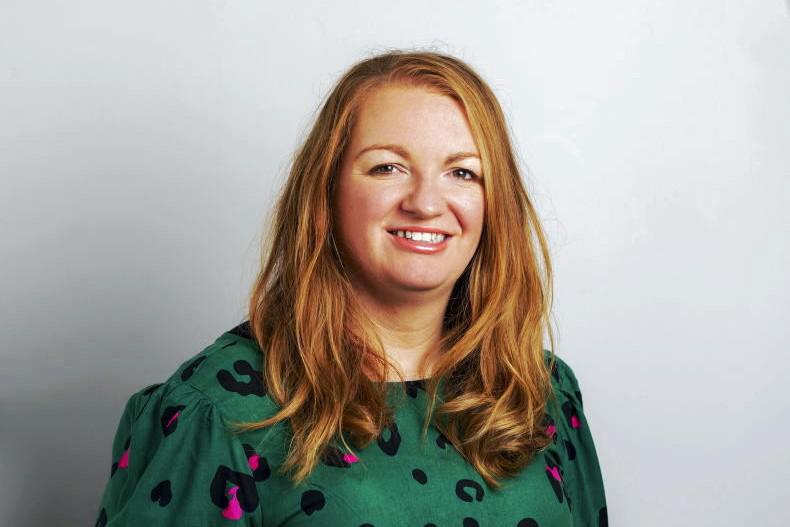
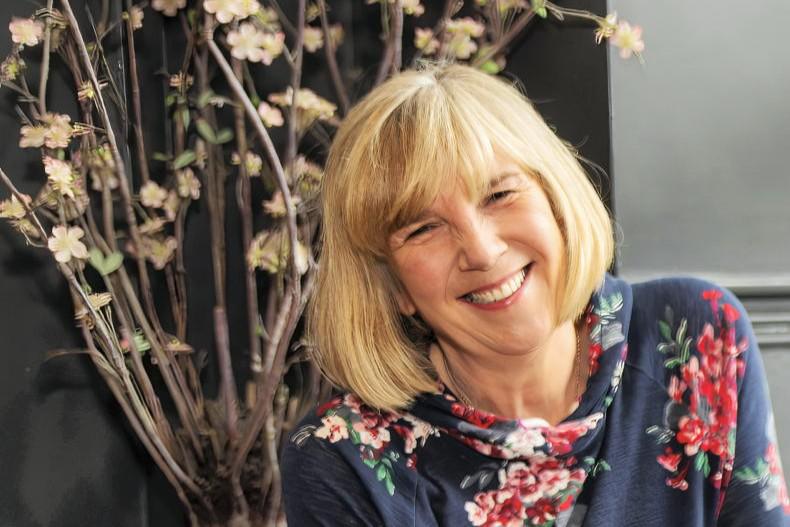
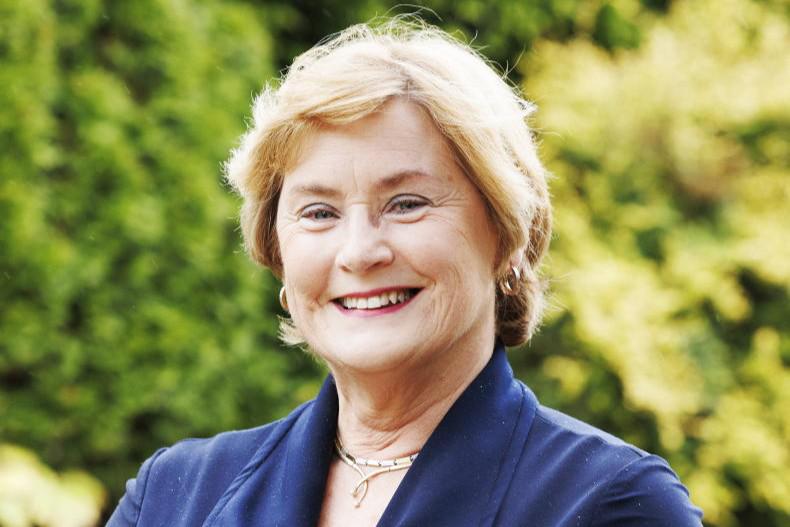
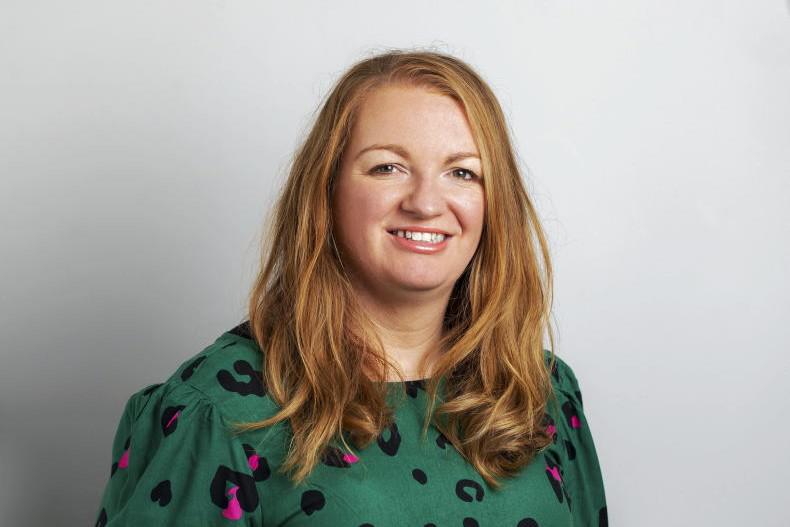
SHARING OPTIONS